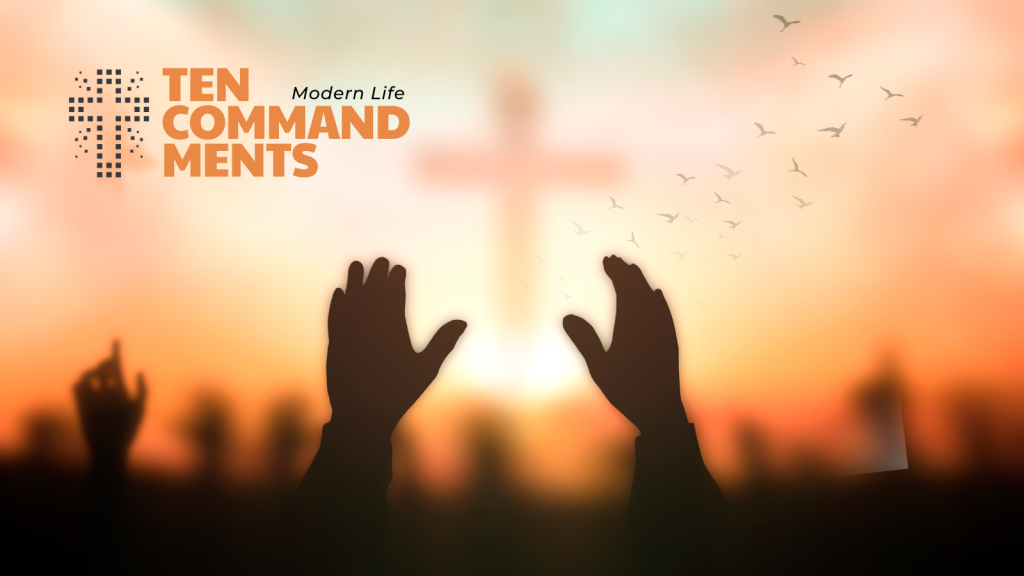If God Invaded Politics: Imagining a Divine Influence in Modern Governance

In a world grappling with complex challenges—ranging from climate change to geopolitical tensions—the idea of a higher power stepping into the political arena is both intriguing and provocative. What if God, in a literal sense, invaded politics? How would divine intervention reshape our modern society? This article explores the hypothetical scenario of God’s direct involvement in politics and its potential impact on governance, society, and global relations.
The Concept of Divine Intervention in Politics
Throughout history, the notion of divine right and the involvement of deities in governance has been prevalent. Monarchs claimed their authority was granted by God, and religious institutions often held significant sway over political matters. However, the Enlightenment era ushered in the separation of church and state, emphasizing human reason and individual rights over divine mandate.
In contemporary times, most democratic societies uphold secular governance, ensuring that religious beliefs do not dictate state policies. Yet, religion still influences many voters and politicians, albeit indirectly. The hypothetical scenario of God overtly entering politics challenges this secular foundation, prompting us to envision the profound transformations that could ensue.
Scenarios of Divine Political Involvement
- Direct Divine Governance If God were to assume control of political systems, laws and policies might reflect divine principles universally recognized across major religions—such as justice, compassion, and honesty. Governments could become theocratic, with divine commandments superseding human-made laws. This might lead to the elimination of corruption, as divine omniscience would deter malfeasance among officials.
- Influencing Leaders Another possibility is God guiding political leaders through inspiration or revelation. Leaders might receive divine insights, leading to decisions that prioritize the common good over personal or partisan interests. Policies could focus on alleviating poverty, promoting peace, and safeguarding the environment, reflecting moral imperatives emphasized in religious teachings.
- Miraculous Events Affecting Decisions Miraculous occurrences could serve as signals or warnings, influencing political agendas. Natural disasters might cease as a sign of divine approval, or escalate to prompt action against injustice. Such events could unify or divide societies, depending on interpretations and responses by different groups.
Potential Impacts on Society
- Legal and Ethical Reforms Laws might be reformed to align with moral absolutes, potentially criminalizing actions deemed sinful. This could lead to debates over personal freedoms versus moral directives, especially in multicultural societies with diverse beliefs.
- Social Cohesion or Division While some may embrace divine intervention as a path to utopia, others might resist perceived infringements on personal liberties or secular values. This could either foster unprecedented unity or deepen societal divisions, especially along religious lines.
- Impact on Global Relations International politics could shift dramatically. Nations might realign based on shared divine guidance, potentially resolving conflicts rooted in power struggles. Conversely, differing interpretations of divine will could exacerbate tensions between countries with varying religious perspectives.
Ethical and Philosophical Considerations
The interplay between free will and divine predestination becomes a central ethical dilemma. If God directs political actions, the role of human agency in shaping society is questioned. Philosophical debates might arise over moral responsibility—are individuals accountable for actions if guided by a higher power?
Moreover, the imposition of a singular divine perspective challenges the pluralistic fabric of modern societies. Balancing respect for diverse beliefs with adherence to divine mandates would be a complex and delicate task.
Technological and Scientific Implications
The relationship between science and religion could undergo significant transformation. Scientific pursuits might focus on understanding the divine influence, potentially leading to new fields of study. Alternatively, some technological advancements could be halted if deemed contrary to divine principles, affecting sectors like artificial intelligence or biotechnology.
Conclusion
Imagining a world where God invades politics opens a Pandora’s box of possibilities, challenges, and ethical quandaries. While divine intervention could address some of humanity’s deepest issues by promoting justice and compassion, it also raises concerns about free will, diversity, and personal freedoms. Ultimately, this thought experiment underscores the importance of integrating moral values into governance while respecting the secular principles that allow for a pluralistic and inclusive society.
Balancing faith and politics requires a nuanced approach—one that draws on the strengths of both to foster a world that is just, compassionate, and respectful of all individuals. Whether through personal convictions influencing policy or a collective commitment to ethical governance, the goal remains the same: to create a society that reflects our highest ideals.






Responses